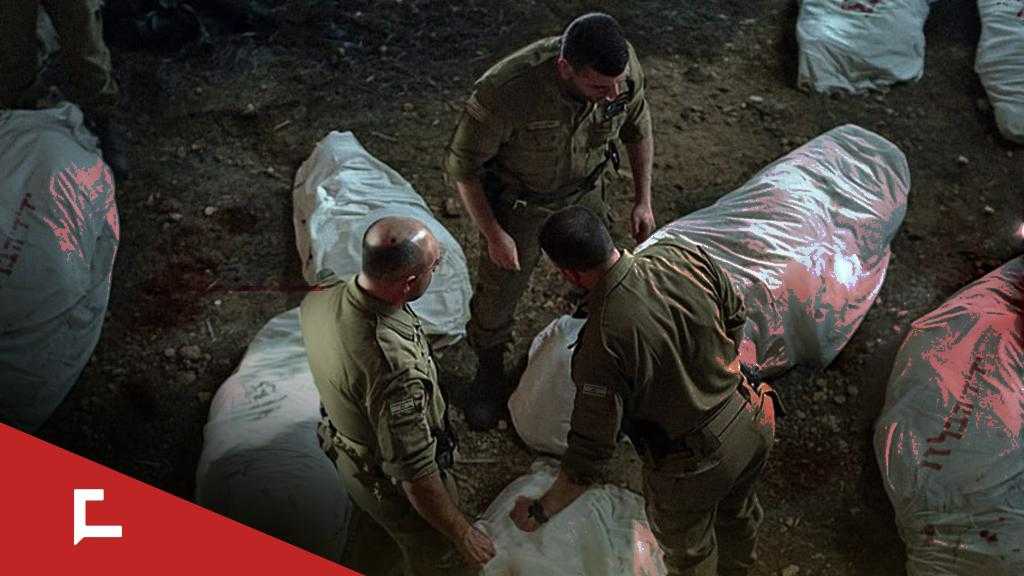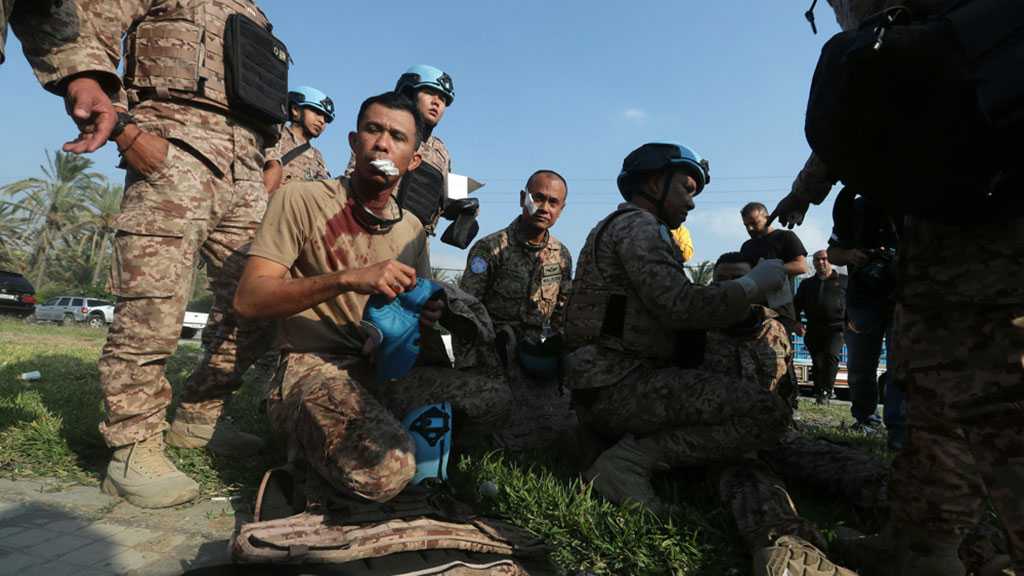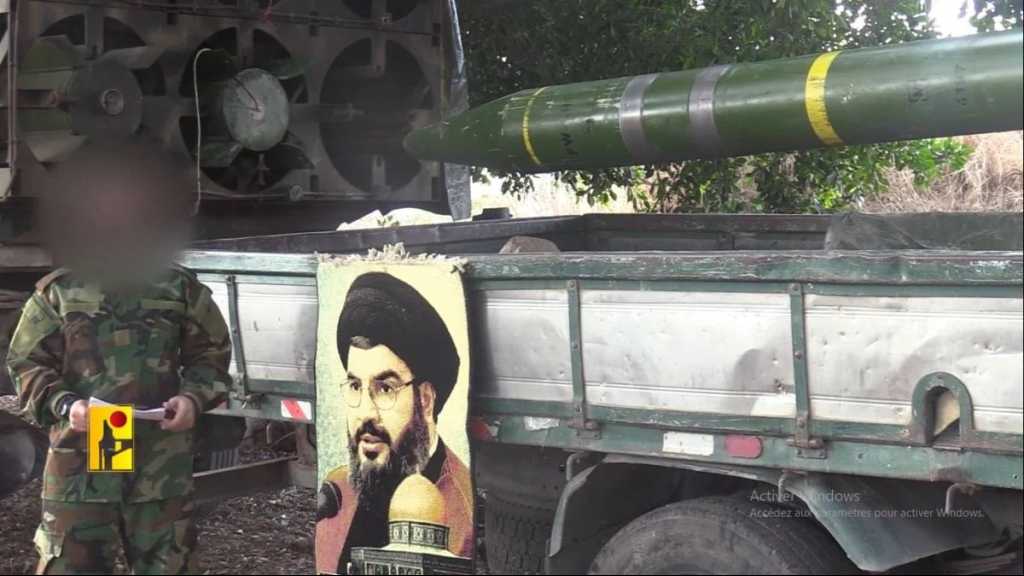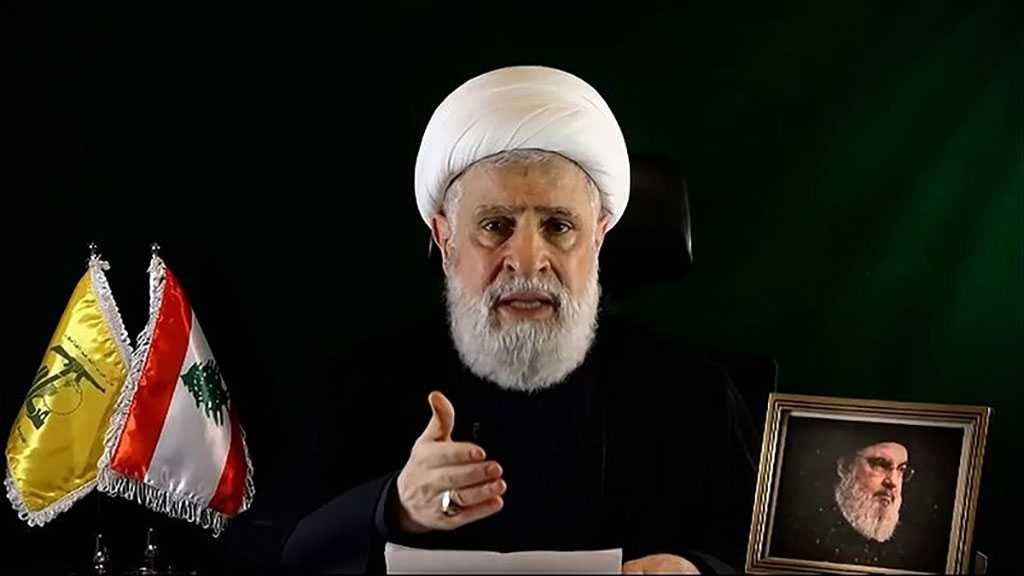Top "Israeli" Officer: Results of Lebanon War Embarrassing

Source: Al-Manar TV, 4-9-2008
Two years on the "Israeli" defeat in the Second Lebanon War, its enigma is still the center of many "Israeli" official studies in an attempt to figure out what really happens during this war, and how the "strongest army in the Middle East" could be defeated in such humiliating way.
Major General (res.) Moshe Ivri-Sukenik, who resigned as commander of the "Israeli" occupation army's Northern Corps earlier this year, has sharply criticized the way the army is training. In his first public comments on the matter, Sukenik says the army's training program is flawed and troops are not being prepared for future challenges.
"We are not training enough," Sukenik, who led an "Israeli" army in-house probe after the Second Lebanon War, said Thursday.
Sukenik served as commander of the army's ground forces several years ago. After the Lebanon war he led the investigation into battles by Division 162. Sukenik was asked to return to the ranks and command the Northern Corps, but he resigned in January, in part to protest what he calls the insufficient allocation of funds for training the land forces.
Sukenik spoke Thursday in Ramat Efal at a conference on the land war in Lebanon. "After a year at the Corps, I told a forum of the most senior ranks in the army [the General Staff] that it is not taking things seriously. We are not training sufficiently. We are not giving people the minimum means to succeed," Sukenik said.
Although since the war a major effort has been taken to restore the ground forces' readiness, this is not enough, he said.
"I did what I could to restore knowledge. It will take time for the "Israeli" Army to recover from the wounds of the war .... Now they are once more talking about cuts in the defense budget. The easiest thing to do is to cut training budgets, because that is where there is big money. The result is that next year, after the cut, the readiness level will once more be low," Sukenik said.
Describing the army before the war as having "rusted," he said about one division: "Would you believe they did not have maps of the Golan Heights? They had no operational plans on a critical front. Their plans were for an entirely different front. This is the sort of vertigo the "Israeli" Army found itself in."
Sukenik blames the war's failures on the conduct of the senior officers, and the confusion in the orders given. "The soldiers in the field heard in the media and in the Knesset that there would not be a ground offensive. 'We can end this with the air force,' they said. In the end it trickles down and has an effect. I say with authority: 70 to 80 percent of responsibility for the results [of the war] lies with the command and the General Staff. The gaps in readiness are not a pleasant thing, but in the end these led to only 10 to 15 percent of the final results."
Sukenik described the results of the war as "embarrassing" and said he accepted the invitation to lead an in-house probe of the performance of a division because he wanted to understand "what had happened to the most skilled group. Why did they behave this way? These are the best people we have."
He also criticized the decline in the ground forces' preparedness in the years before the war, and he himself accepted blame because he was a member of the General Staff.
"People did not understand what a mountainous passage means. An armored battalion goes into a mountainous passage [during the war] without engineers APC [armored personnel carrier], without bulldozers - and they think that's okay. Things that used to be maxims evaporated. In the air force there is someone leading a flight of aircraft. If he does not practice twice a month, he is not ready," Sukenik said.
"Everything is written in orders. In the ground forces the company commander is always ready, even if he has not trained all his life. This is not something you learn on the Web .... A battalion goes on a three-week training session in a year - and they trained for deployment in the Gaza Strip or Nablus, not for a major war. Unfortunately this is still not sufficiently understood. A battalion commander needs to know how to defend and attack on the Golan Heights."
Sukenik said one of the biggest lessons of the war is that the "Israeli" army must deal with short-range rockets. "Since the war we made this part of our orders: The mission of every force is to end the indirect fire from its area of operations. This is a problem the commander must deal with, no one else."
Two years on the "Israeli" defeat in the Second Lebanon War, its enigma is still the center of many "Israeli" official studies in an attempt to figure out what really happens during this war, and how the "strongest army in the Middle East" could be defeated in such humiliating way.
Major General (res.) Moshe Ivri-Sukenik, who resigned as commander of the "Israeli" occupation army's Northern Corps earlier this year, has sharply criticized the way the army is training. In his first public comments on the matter, Sukenik says the army's training program is flawed and troops are not being prepared for future challenges.
"We are not training enough," Sukenik, who led an "Israeli" army in-house probe after the Second Lebanon War, said Thursday.
Sukenik served as commander of the army's ground forces several years ago. After the Lebanon war he led the investigation into battles by Division 162. Sukenik was asked to return to the ranks and command the Northern Corps, but he resigned in January, in part to protest what he calls the insufficient allocation of funds for training the land forces.
Sukenik spoke Thursday in Ramat Efal at a conference on the land war in Lebanon. "After a year at the Corps, I told a forum of the most senior ranks in the army [the General Staff] that it is not taking things seriously. We are not training sufficiently. We are not giving people the minimum means to succeed," Sukenik said.
Although since the war a major effort has been taken to restore the ground forces' readiness, this is not enough, he said.
"I did what I could to restore knowledge. It will take time for the "Israeli" Army to recover from the wounds of the war .... Now they are once more talking about cuts in the defense budget. The easiest thing to do is to cut training budgets, because that is where there is big money. The result is that next year, after the cut, the readiness level will once more be low," Sukenik said.
Describing the army before the war as having "rusted," he said about one division: "Would you believe they did not have maps of the Golan Heights? They had no operational plans on a critical front. Their plans were for an entirely different front. This is the sort of vertigo the "Israeli" Army found itself in."
Sukenik blames the war's failures on the conduct of the senior officers, and the confusion in the orders given. "The soldiers in the field heard in the media and in the Knesset that there would not be a ground offensive. 'We can end this with the air force,' they said. In the end it trickles down and has an effect. I say with authority: 70 to 80 percent of responsibility for the results [of the war] lies with the command and the General Staff. The gaps in readiness are not a pleasant thing, but in the end these led to only 10 to 15 percent of the final results."
Sukenik described the results of the war as "embarrassing" and said he accepted the invitation to lead an in-house probe of the performance of a division because he wanted to understand "what had happened to the most skilled group. Why did they behave this way? These are the best people we have."
He also criticized the decline in the ground forces' preparedness in the years before the war, and he himself accepted blame because he was a member of the General Staff.
"People did not understand what a mountainous passage means. An armored battalion goes into a mountainous passage [during the war] without engineers APC [armored personnel carrier], without bulldozers - and they think that's okay. Things that used to be maxims evaporated. In the air force there is someone leading a flight of aircraft. If he does not practice twice a month, he is not ready," Sukenik said.
"Everything is written in orders. In the ground forces the company commander is always ready, even if he has not trained all his life. This is not something you learn on the Web .... A battalion goes on a three-week training session in a year - and they trained for deployment in the Gaza Strip or Nablus, not for a major war. Unfortunately this is still not sufficiently understood. A battalion commander needs to know how to defend and attack on the Golan Heights."
Sukenik said one of the biggest lessons of the war is that the "Israeli" army must deal with short-range rockets. "Since the war we made this part of our orders: The mission of every force is to end the indirect fire from its area of operations. This is a problem the commander must deal with, no one else."
Comments




